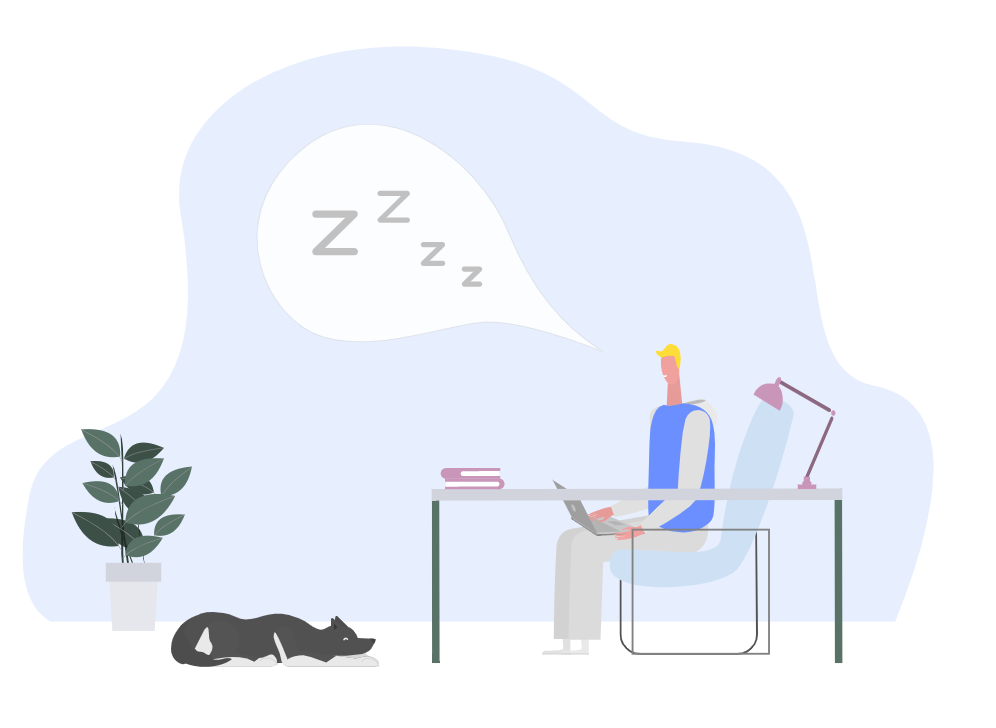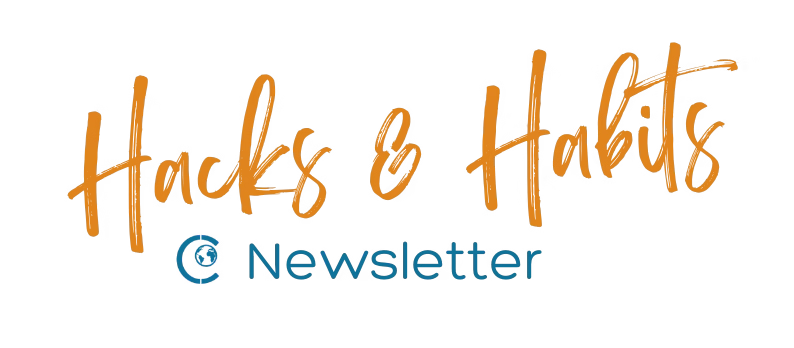Increasing your focus and productivity is not just about improving the digital and analog tools available. The way you deal with your body and brain is just as important. Besides curbing your drive and taking enough breaks, one thing will boost your productivity like nothing else: getting enough sleep. Or maybe we should say: dealing with sleep deprivation.
Leaders lacking sleep
A while ago, discussing the importance of sleep during a seminar, a participant argued that many leaders and CEOs worldwide rarely get a full night’s sleep, yet they still successfully run their companies and countries. So, why would having a short night be a problem?
He seems to have a point. Leaders like presidents and CEOs constantly deal with all kinds of hectic situations. This is what startup founders experience, except on a much larger scale.
So, if being a startup founder makes it difficult to turn in on time, what will it be like for those people? For sure, they don’t get their 7-8 hours a night, right? Well, wrong. There are plenty of leaders who make sure they get enough sleep. Jeff Bezos is one of them, and his investment seems to have paid off well.
But more importantly, the fact that some people are forced to shorten their nights and seem to cope pretty well does not mean everyone can thrive on little sleep. Apparently, some 95% of people need at least 7-8 hours to avoid the negative consequences of sleep deprivation (like founder burnout).
That means that probably 95% of startup founders need equal amounts of sleep. Unfortunately, many founders do not meet that need. All you have to do is scroll your 𝕏-timeline and read the posts by founders who are boasting about working in the middle of the night.
Of course, you have a lot of work on your plate. But let me assure you, working all night is not the solution!

Drunk, but not from alcohol
In a minute, I will explain that. But first, let me ask you a question:
Would you consider hiring someone for your startup who is known to be constantly drunk? Or would you consider teaming up with a co-founder who is continually intoxicated?
My guess is, you probably wouldn’t.
You would probably worry about the effect it has on their performance and judgment and expect the quality of their work not to be of a high standard—and rightfully so.
What you might not realize, is that you don’t have to get drunk during the day to screw up your perfomance. All you have to do is cut down on your sleep.
Indeed, the term ‘sleep drunkenness’ is more than just a play on words. According to AAA research, for example, sleeping only four to five hours a night equals having enough alcohol to be legally drunk when it comes to crash risk.
How does sleep deprivation affect you?
It’s not just your driving skills that get affected, and it’s not just total sleep deprivation that is harmful. According to this study, even getting six hours per night for several nights in a row will hurt your cognitive performance. Alertness, working memory and cognitive throughput were negatively impacted, indicating that your productivity is impaired if you are sleep-deprived.
There is also plenty of research showing that sleep deprivation damages other functions, like self-control and focus. Sleep professor Matthew Walker, in his book Why We Sleep, says, “Humans need more than seven hours of sleep each night to maintain cognitive performance.”
It’s what Marie Ng, founder of Llamalife, experienced a while back when she got stuck coding. Working until late, Marie found it impossible to find the right solution. Eventually, she gave up and turned in. The next morning, with a refreshed mind, she had a solution in no time!
In other words, if you want to make the best decisions and improve the quality of your work, getting enough sleep is the best thing you can do.
Not aware, but still affected by sleep deprivation
Unfortunately, many people feel okay with 6 hours of sleep and are unaware of the adverse consequences. The study on the cumulative effect of sleep deprivation mentioned above also found that participants rated their sleepiness as mild, even when their cognitive abilities were severely affected.
This probably means that there are many people out there who think their sleep deficit does not really affect them when it really does. If you are one of them, I have only one suggestion: Don’t let your brain fool you and make sure you get enough sleep.
